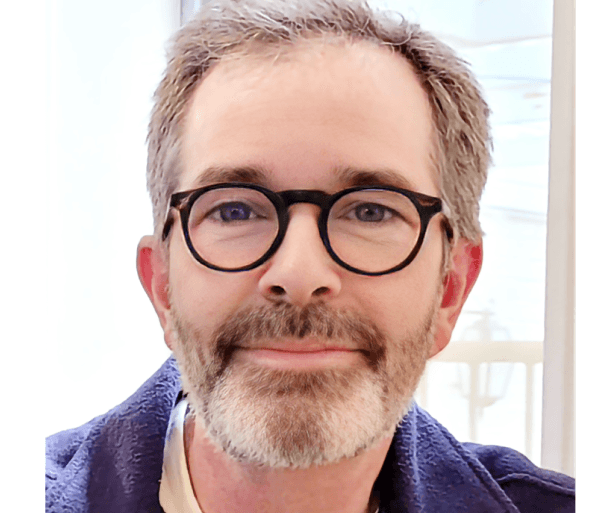About Us
The Samuelson-Glushko Canadian Internet Policy and Public Interest Clinic (CIPPIC) is Canada’s first and only public interest technology law clinic. Based at the University of Ottawa’s Faculty of Law, our team of legal experts and law students works together to advance the public interest on critical law and technology issues.
Our Mandate
Our mandate has three inter-related components:
- We speak up for the public interest when key decisions about technology law and policy are being made by Parliament, the courts, regulatory agencies, international bodies, and private companies;
- We provide pro bono legal counsel to clients with technology law matters that implicate the public interest; and
- We develop public education materials and resources on technology law and policy issues.
- CIPPIC was established in 2003 and is one of five technology law clinics across North America to benefit from the generous financial support of Prof. Pam Samuelson and Dr. Robert Glushko. Learn more about how you can support CIPPIC’s public interest mission by making a tax-deductible donation.
CIPPIC acknowledges that its offices are located on the unceded territory of the Algonquin Nation.
CIPPIC Staff

Matt Malone
Matt Malone is a lawyer and academic specializing in the protection of secret information, especially in the context of trade secrecy, confidential information, access to information, privacy, data protection, and cybersecurity. Before joining CIPPIC, Matt practiced law in California at Morrison & Foerster and Van Dermyden Makus. He is currently an academic partner at the Investigative Journalism Foundation and an advisory board member of the BC Freedom of Information and Privacy Association.

David Fewer
David Fewer is an intellectual property and technology lawyer who brings over twenty-five years of experience to CIPPIC's advocacy. Prior to joining CIPPIC, David practiced with national firms in British Columbia and Ontario and clerked with the Federal Court of Canada. His graduate legal studies focused on intellectual property policy and the Charter’s significance for copyright. He teaches, writes, and frequently comments in the media on technology law.

Gareth Spanglett
Gareth Spanglett recently completed his J.D. part time at the University of Ottawa specializing in technology and intellectual property. He has over two decades of industry experience in information technology and data-driven solutions. He is currently a data governance and cybersecurity specialist and AI solutions architect in the semiconductor industry, as well as articling part time at the Canadian Internet Policy and Public Interest Clinic (CIPPIC).
Melissa Dupuis-Crane
Melissa is a recent graduate of the J.D. program at the University of Ottawa, and holds a B.A. in History from Queen’s University. Before studying law, Melissa spent nearly a decade working in digital advertising, most recently as Director of eCommerce at Publicis Media Canada. During law school, she interned at CIPPIC, led the University of Ottawa Tech Fellows, and served as Team Captain for the University of Ottawa’s Harold G. Fox Intellectual Property Moot team.

Rosalie Desforges
Rosalie is a fourth-year student in the combined program of political science and Juris Doctor. Passionate about politics, Rosalie has developed an interest in constitutional law and the complex relationships between law and society. On graduation, Rosalie wants to work in the fields related to health and property law in hopes of making a meaningful impact on the lives of vulnerable populations and low-income communities. In her free time, Rosalie loves exploring cultures through travel, staying up to date on the latest film releases, and spending time with family and friends.
Case and project selection
We select projects and cases by weighing various considerations including our resources, our expertise, the relevance of the matter to our mandate, and the appropriateness of the matter for student work. If you are interested in working with us on a case or project, please contact us at admin@cippic.ca or matt.malone@uottawa.ca.
Student participation
CIPPIC balances its public interest mandate with its responsibility to train the next generation of lawyers. Law students can participate in CIPPIC as volunteers, for course credit, as summer interns, or as articling students.
Funding
CIPPIC was established in 2003 with proceeds from a class action lawsuit against Amazon.com, which a judge ordered to be given to the University of Ottawa to start a law clinic to advance the public interest on key technology law issues. These court-ordered funds were matched by an Ontario Government initiative to support technology-related research at several Ontario Universities. In 2007, CIPPIC received a transformative gift from Prof. Pam Samuelson and Dr. Robert Glushko of the Berkeley, California, that allowed it to become a leading voice in Canadian and international technology law and policy discussions.
CIPPIC relies on the generous contributions of donors to maintain and expand its operations. Please visit our Donations page to make a tax-deductible contribution to us today, or reach out to Matt Malone, our Director, to discuss funding opportunities.
